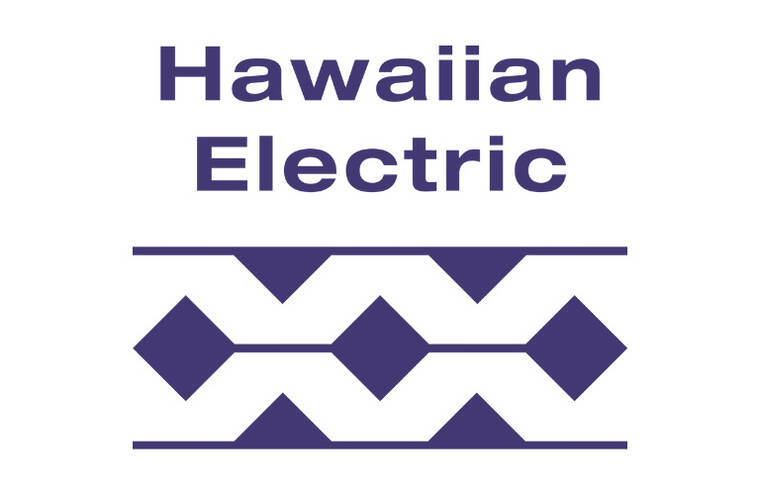Residential energy rates in Hawaii have increased by nearly 20% since March thanks to impacts to global fuel supply chains.
According to a monthly summary of power rates by Hawaiian Electric, residential energy cost nearly 49 cents per kilowatt hour as of June 1. By comparison, one kilowatt hour of residential energy cost a little over 40 cents in March.
Hawaiian Electric spokeswoman Kristen Okinaka said via email Thursday that a household that uses 500 kilowatt hours of energy in June will pay $263.48, an increase of $22.22 from the same power consumption in May. The U.S. Energy Information Administration estimated last October that the average American household uses about 893 kilowatt hours of energy per month.
Okinaka said the reason for the price increase is ultimately because of rising fuel prices caused largely by the Russian invasion of Ukraine that began in February. Hawaiian Electric warned customers shortly after the invasion started that energy prices were expected to rise by 20% or more.
The rising cost of fuel has triggered a corresponding increase in the energy cost recovery factor, explained Okinaka. The ECRF is an additional charge that covers the cost of buying energy from independent power producers, and increases or decreases in response to the cost of fuel.
Okinaka said that, even though 60% of the energy provided by Hawaiian Electric on the Big Island comes from renewable sources, the company still has four long-term contracts with energy producers that are tied to the price of oil. When those contracts are renewed, the terms coupling their contracts to the price of oil will be dropped.
Back in March, a different spokesperson for Hawaiian Electric told the County Council that the company is renegotiating the contracts with two of the four providers — Puna Geothermal Venture and Hawi Renewable Development — to remove the terms tying them to the price of oil. The other two contracts, with Wailuku River Hydro and Tawhiri Power, expire in 2023 and 2027, respectively.
“We can’t say with certainty when prices will stabilize,” Okinaka wrote. “It’s difficult to predict given the uncertainty of the international situation. If the war in Ukraine continues and more countries choose not to buy Russian oil, the price could surge higher. We’ll continue to communicate developments that impact the cost of fuel and electric bills.”
However, while energy prices have spiked since the start of the invasion, they have trended upward for some time. According to a Hawaiian Electric report, a residential electric bill for 500 kilowatt hours is nearly $100 higher than the last high, in February of 2020, when the same consumption would cost a little less than $190 a month.
After dropping to about $150 a month in June 2020, energy costs have risen at a fairly steady clip since then, exceeding the $190 mark last July and finally spiking drastically in February.
With grid-based power becoming more expensive, solar installers have seen extremely strong business. Marco Mangelsdorf, former president and current responsible managing employee of Hilo-based ProVision Solar, said 2022 is shaping up to be a record year for the business.
“People are looking for relief from the bigger bite of their power bills,” Mangelsdorf said. “There’s a much greater sense of urgency now compared to a year or so ago.”
Mangelsdorf said that, even before the record high energy prices, a residential photovoltaic system could pay for itself between five and eight years, although he added that there are a myriad of factors that make the break-even point difficult to determine for any individual case.
“Certainly I wouldn’t have expected that we’d be going up to 50 cents a kilowatt hour even six months ago,” Mangelsdorf said.
On the other hand, ProVision Solar’s engineering manager Keaka Nelson said the residential solar industry’s current boom is a victory that comes at a great cost.
“Alternative energy has a very bright near future, but we’re not excited about this,” Nelson said. “I believe people will be getting more and more into solar over time regardless, but a lot of people are hurting right now because of this.”
Email Michael Brestovansky at mbrestovansky@hawaiitribune-herald.com.




